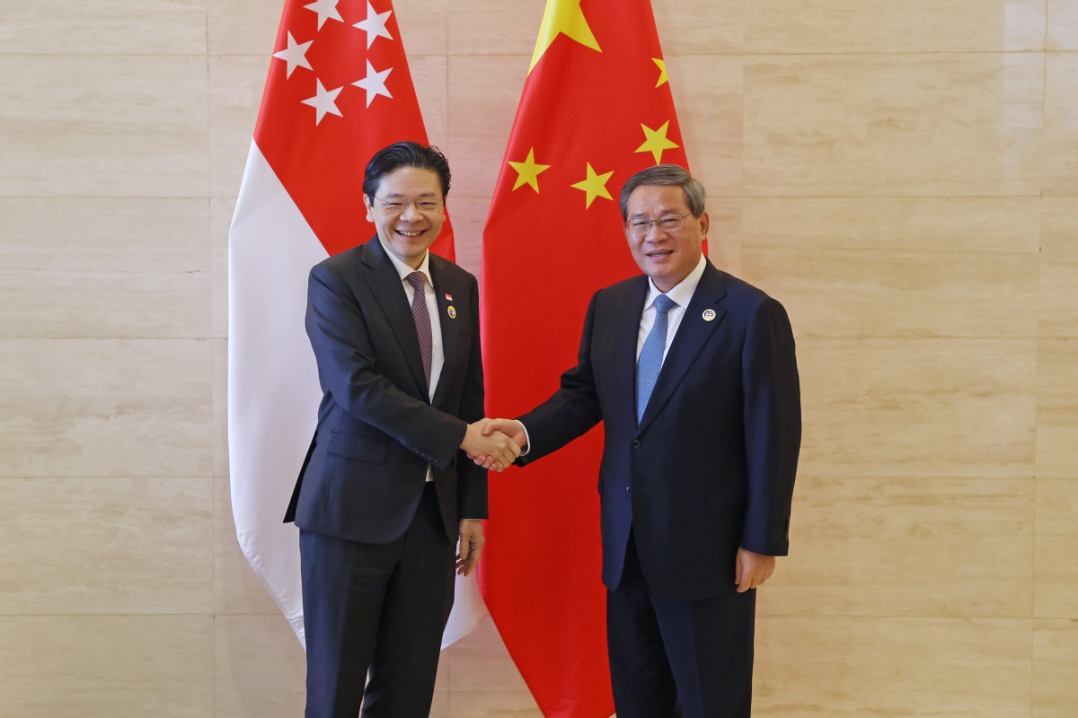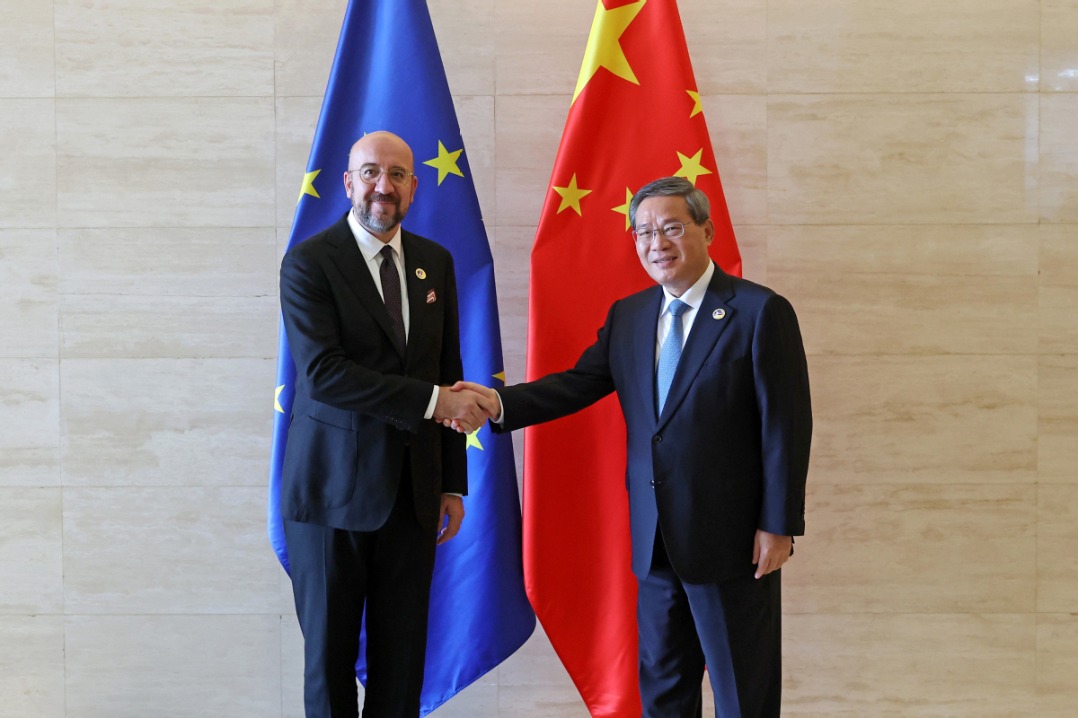Shanghai breakthrough: Innovative treatment extends survival in aggressive breast cancer

Shanghai medical experts have made a significant breakthrough in treating metastatic triple-negative breast cancer, the most aggressive form of breast cancer. In a two-year clinical trial named "FUTURE-SUPER," involving 139 patients, a new treatment method was discovered that extends progression-free survival.
The trial used a "subtyping-based precision treatment" approach, combining chemotherapy with targeted therapy or immunotherapy. This method showed a substantial extension in the progression-free survival for patients with metastatic triple-negative breast cancer compared to the standard treatment.
Researchers from Fudan University Shanghai Cancer Center believe this innovative approach could address the limitations of the current standard treatment, which lacks individualization and has unsatisfactory efficacy.
Published in The Lancet Oncology, the clinical trial was a joint effort between the Department of Breast Surgery of Fudan University Shanghai Cancer Center and Jiangsu Hengrui Pharmaceuticals Co Ltd.
Triple-negative breast cancer, constituting about 15 percent of all cases, is known for its aggressiveness, early recurrence, and metastasis, with limited treatment options. Traditional chemotherapy has been the standard, but this study introduces a more personalized and effective treatment strategy.
In the trial, patients were divided into different treatment cohorts based on molecular subtypes. They were randomly assigned to receive either traditional chemotherapy (control group) or chemotherapy combined with a molecular targeted anti-tumor drug or an anti-PD-1 antibody (precision treatment group).
Results showed that patients in the precision treatment group had a median progression-free survival of 11.3 months, significantly longer than the 5.8 months in the conventional chemotherapy group. Notably, patients classified as immunomodulatory experienced the most substantial increase in progression-free survival, with a median of 15.1 months.
Professor Fan Lei, one of the lead researchers, expressed optimism about the results, noting that they represent a breakthrough in addressing the limitations of targeted therapies for treating triple-negative breast cancer. She highlighted the precision treatment group's remarkable objective response rate of 80.0 percent, significantly higher than the 44.8 percent in the traditional chemotherapy group, with no serious adverse effects reported.
The trial included a 36-year-old patient who experienced complete regression of tumors for more than 33 months, enabling her to return to a normal life and work routine.
The hospital plans to launch multi-center clinical trials of the precision treatment regime with the goal of advancing breast cancer treatment nationwide, according to Professor Jiang Yizhou, the vice-president of the hospital.
- International students immerse in TCM culture at Shanghai university event
- New train schedule announced to enhance international freight services
- New high-speed railway line opens in Anhui
- Regulator launches campaign to make internet safer for minors
- Legal disputes involving elderly increase in Beijing
- PLA Navy fleet conducts realistic training in East China Sea


































